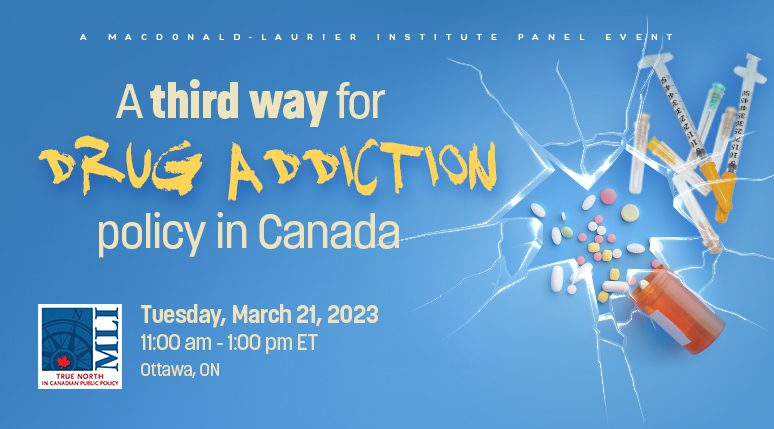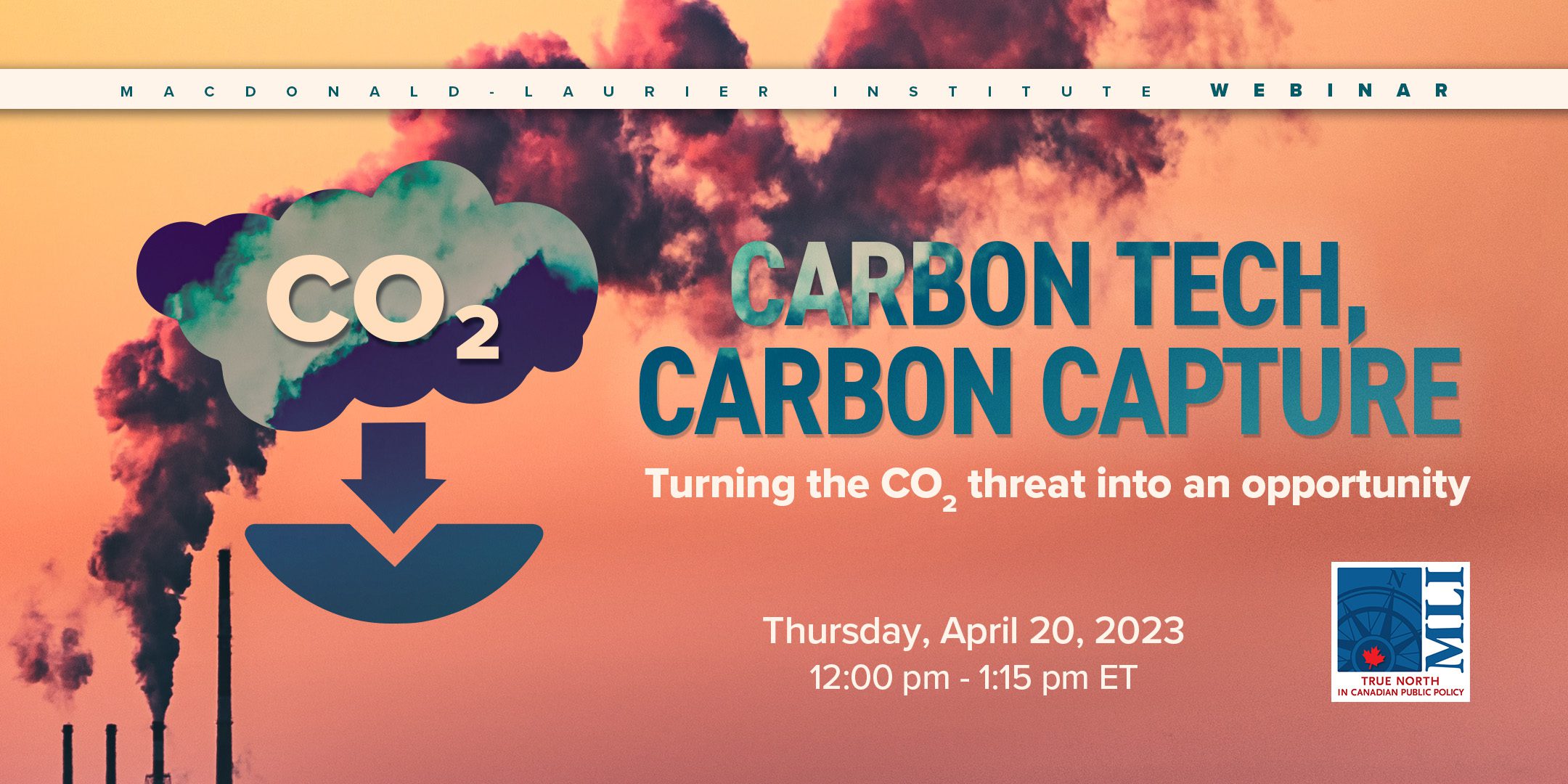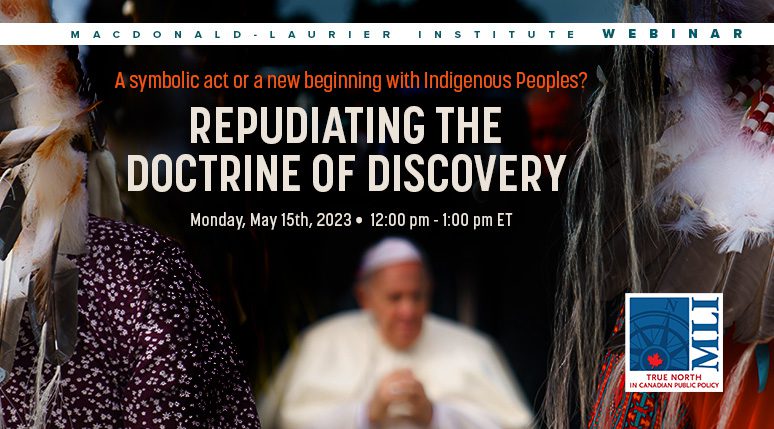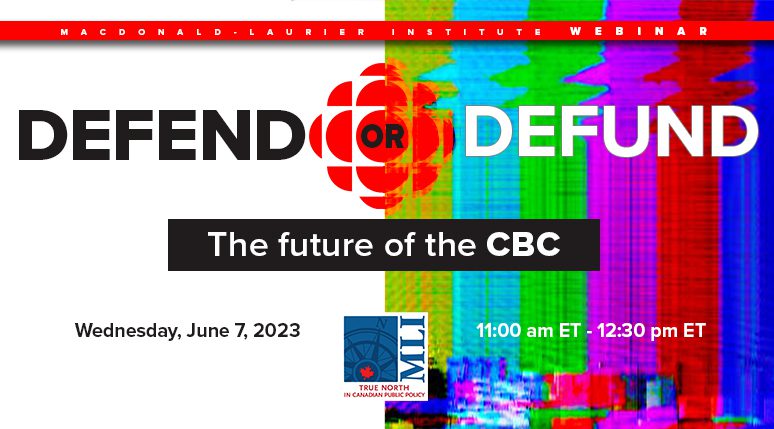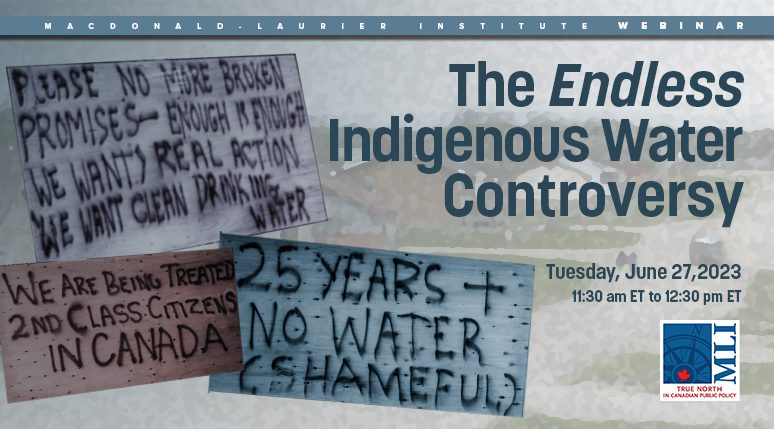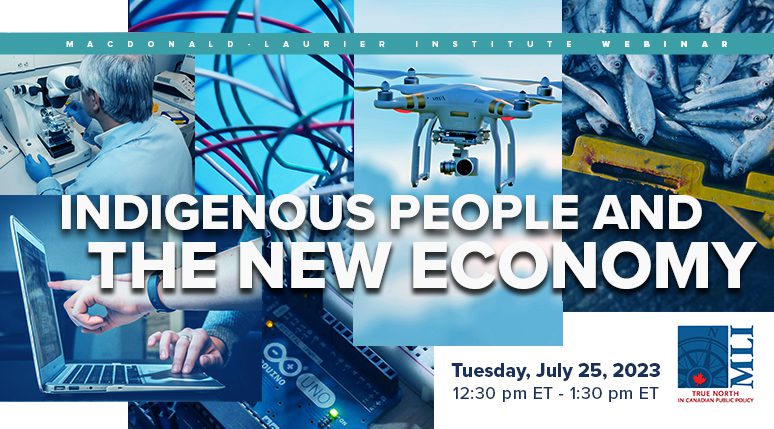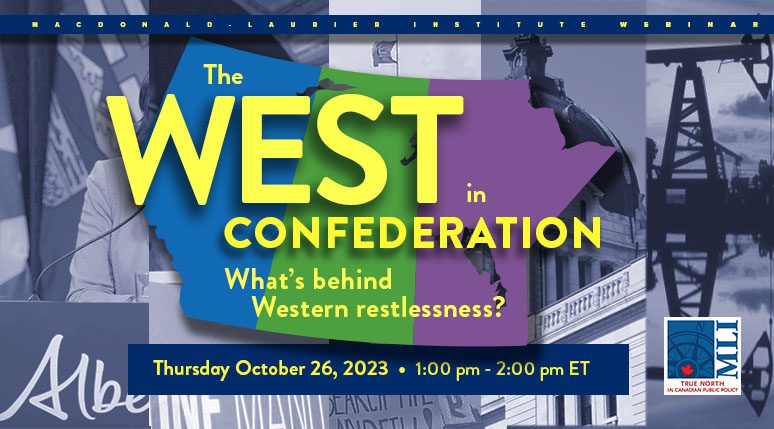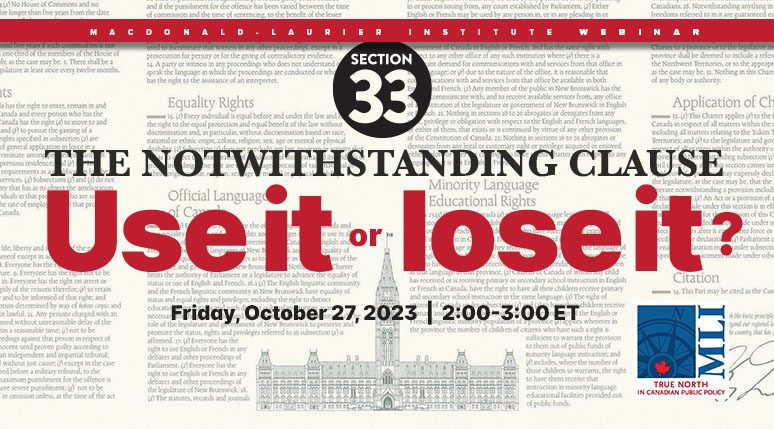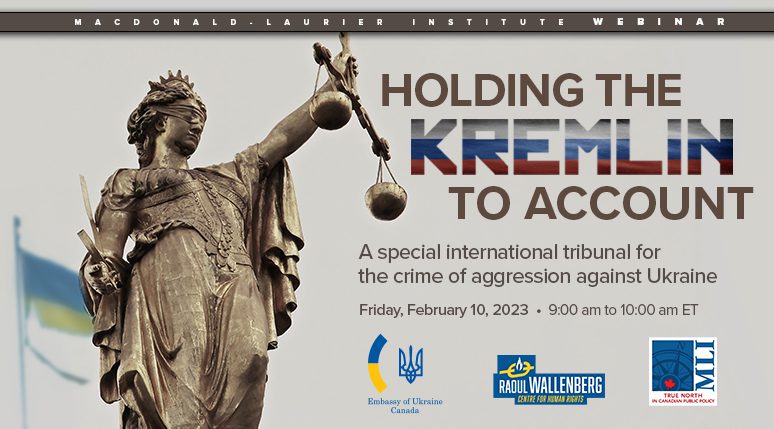
Holding the Kremlin to account: A special international tribunal for the crime of aggression against Ukraine
On January 19th, the European Parliament voted overwhelmingly in support of creating an international tribunal to hold the Russian government to account for its invasion of Ukraine and the government of Belarus for supporting Russia’s aggression. Canada and its Baltic allies are among the leading global supporters of Ukraine’s freedom and sovereignty. The Macdonald-Laurier Institute, […]


